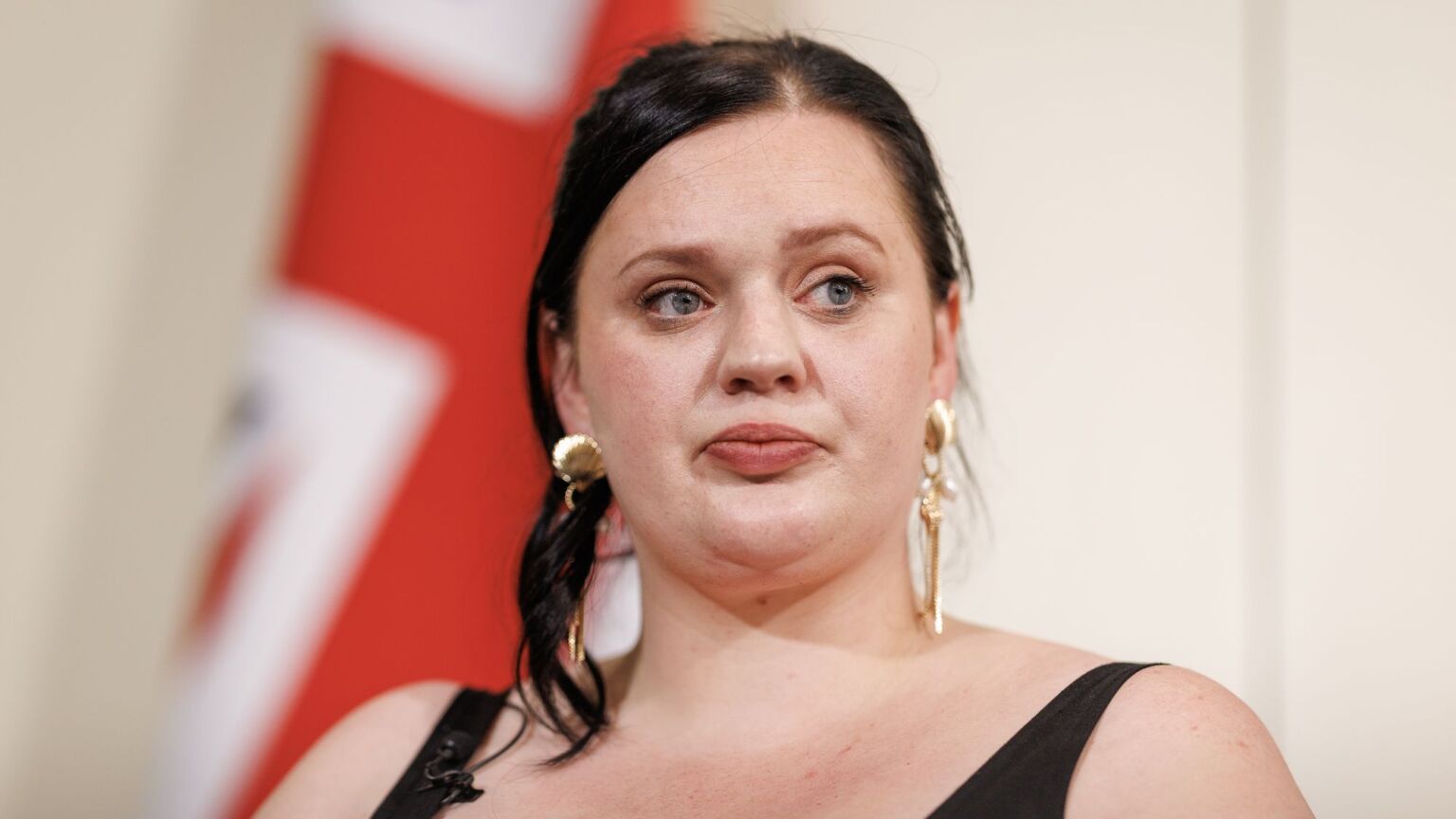Another shameful grooming-gangs cover-up?
Labour’s national inquiry is already looking like an establishment stitch-up.

Want unlimited, ad-free access? Become a spiked supporter.
In June this year, the Labour government finally bowed to public pressure and launched a national statutory inquiry into the grooming-gangs scandal. It always looked like a decision taken with a great deal of reluctance, and so it has proved. Five months on, very little progress has been made. The inquiry still has no chairman and no timetable. Worse still, there are growing fears that it is turning into an establishment stitch-up.
Indeed, grooming-gangs victims and survivors have raised particular concerns about two of the leading candidates to chair the inquiry, Jim Gamble and Annie Hudson. Both have relevant experience for the role – former police officer Gamble headed up the Child Exploitation and Online Protection Centre, and Hudson is the former director of children’s services at the London Borough of Lambeth. The problem, as the inquiry’s critics are pointing out, is that they both belong to the very public institutions – the police and social services respectively – that singularly failed to protect the young girls abused by the grooming gangs.
Given this is a scandal in which social workers and police officers are directly implicated, perhaps it is not the most sensible idea to appoint a social worker or a policeman as the inquiry chair. Hudson herself agrees with this and has now taken herself out of the running.
Victims and survivors would understandably prefer an inquiry headed up by someone independent of the British state – perhaps a foreign judge with a strong experience of handling complex criminal cases involving group-based child sexual exploitation. Whether that happens is another question.
As it stands, grooming-gang victims are clearly deeply worried about the direction being taken by the inquiry, even at this very early stage. Three of them – Ellie-Ann Reynolds, Fiona Goddard and one known only as Elizabeth (not her real name) – have already resigned from the inquiry’s victims and survivors liaison panel in protest at how the government has been handling the process.
They have all expressed concerns about the government’s handling of the inquiry and about the conflicts of interest in allowing a policing or social-work professional to oversee it. In her resignation letter, Elizabeth went so far as to brand the inquiry as ‘a cover-up’, in which any outcomes were ‘scripted and predetermined’, rather than ‘emerging from honest, open dialogue with survivors’.
Goddard and Reynolds are more specific. They suggest that there are attempts to gloss over the ethnic dimensions to the scandal: namely, the predominance of men of Pakistani heritage among the offenders and the role their backgrounds played in the authorities’ failure to intervene.
Reynolds has claimed that there is a ‘push to change the [inquiry’s] remit… in ways that downplay the racial and religious motivations behind our abuse’. And Goddard says that ‘someone appointed to a senior position within the inquiry had publicly expressed personal views on grooming gangs that directly contradict findings in the Casey report and survivors’ lived experiences’.
According to the Telegraph, Goddard’s comments were directed at Sabah Kaiser, who is acting as a victim-liaison officer for the inquiry. A survivor of child sexual exploitation herself, Kaiser has said that ‘brown men’ should not be blamed for the grooming gangs; and that claims that men of Pakistani heritage were responsible was ‘destructive, distracting, irresponsible’. This does indeed cut against the view of Baroness Casey who, in her June report on group-based child sexual abuse in England and Wales, said that too often ‘the ethnicity of perpetrators is shied away from’ and that ‘men from Asian ethnic backgrounds’ were ‘disproportionately’ involved.
It is vital that the government gets a hold of the grooming-gangs inquiry and stops it from turning into a drawn-out whitewash. It needs to think carefully about who is chairing the inquiry, ensure that it sticks to its remit and actually listen to the victims. The thousands of once young girls who have suffered at the hands of grooming-gangs have already been severely let down by the British state. The local authorities turned a blind eye and prioritised so-called community relations over protecting the most vulnerable. And in some cases, parts of the state lied and covered up the offending.
The inquiry must ‘shy away from’ nothing – and that includes examining the extent to which this heinous sexual violence against children was (and still is) motivated by ethnic, cultural and religious factors.
This ought to be a chance to finally confront one of the biggest scandals in modern British history. But so far the government is failing miserably.
Rakib Ehsan is the author of Beyond Grievance: What the Left Gets Wrong about Ethnic Minorities, which is available to order on Amazon.
£1 a month for 3 months
You’ve hit your monthly free article limit.
Support spiked and get unlimited access.
Support spiked – £1 a month for 3 months
spiked is funded by readers like you. Only 0.1% of regular readers currently support us. If just 1% did, we could grow our team and step up the fight for free speech and democracy.
Become a spiked supporter and enjoy unlimited, ad-free access, bonus content and exclusive events – while helping to keep independent journalism alive.
———————————————————————————————————————————–
Exclusive January offer: join today for £1 a month for 3 months. Then £5 a month, cancel anytime.
———————————————————————————————————————————–
Monthly support makes the biggest difference. Thank you.











Comments
Want to join the conversation?
Only spiked supporters and patrons, who donate regularly to us, can comment on our articles.